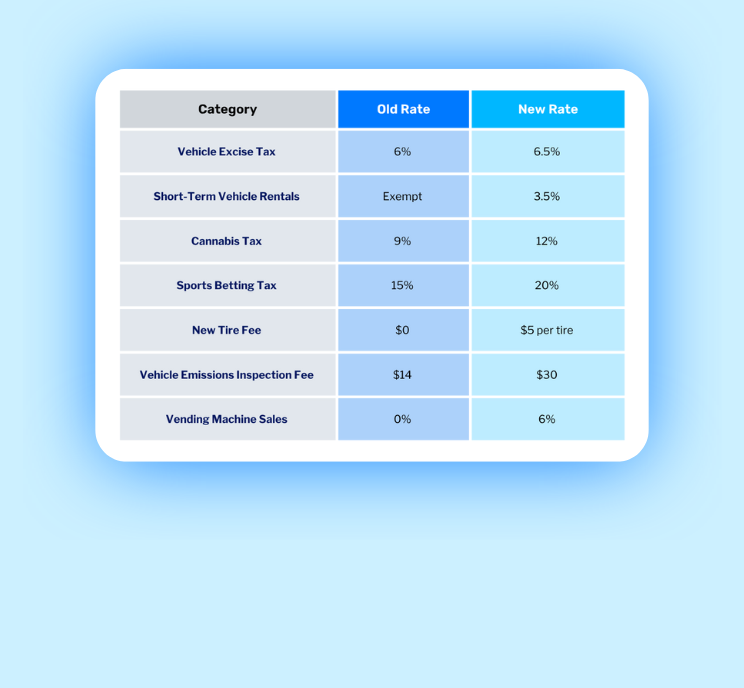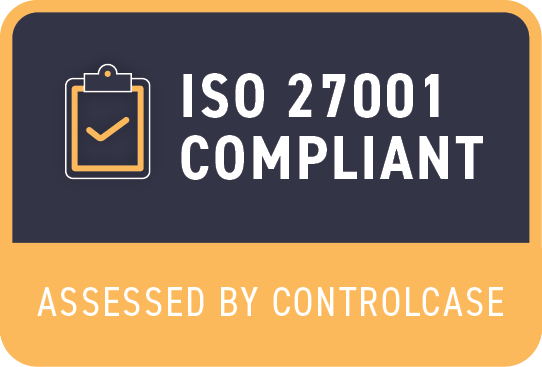ERP implementations span an entire organization and involve a number of key personnel, which means that without proper planning, they can often stall or fail to deliver desired outcomes. By understanding common reasons organizations fall short of success and utilizing constant communication, your organization can ensure the implementation process runs smoothly and without complications.
Video Transcription
With Jeff Bathurst, Director of SC&H’s Technology Advisory team
Most ERP projects do not fail because of a poor selection process or the functionality of the ERP software. They fail because of the ERP implementation process. An ERP implementation is new territory for most organizations who lack the experience with large and complex I.T. projects. In addition to charting new territory, a strong commitment from management teams and executive sponsorship are required. Lack of involvement from key stakeholders can make or break an implementation process. ERP usage spans multiple departments, including, but not limited to accounting, finance, purchasing, inventory and production.
Therefore, it is vital to have everyone on board, starting at the top of the organization. The recommendation here is to formulate a technology steering committee representing each functional area and the executive leadership. A collaborative decision model sets the stage for positive change manager strategy to prevent ERP implementation failures or stalls. Fear of change is going to be an overarching roadblock, so frequent communication is a must. Sometimes fear can be a motivator, but it is important to prepare your company and your team for a new ERP solution. A new system can generate significant productivity gains, company performance insights, and cost optimization opportunities.
If you’re ready to speak with a Technology Advisory expert now about your ERP project, contact our team.






